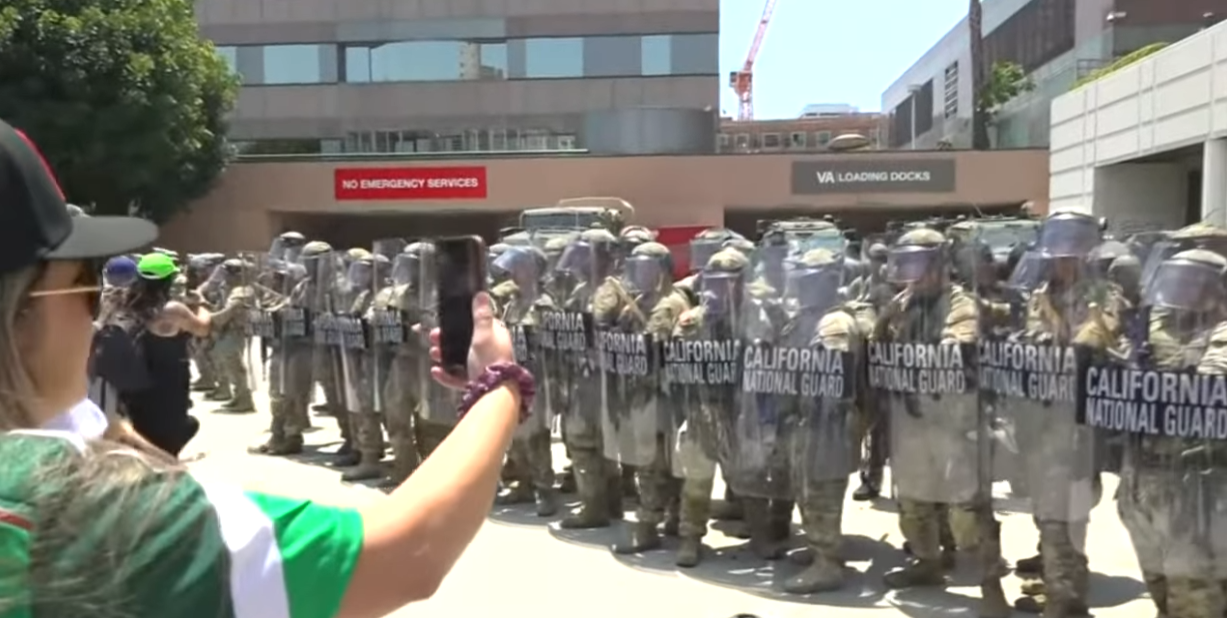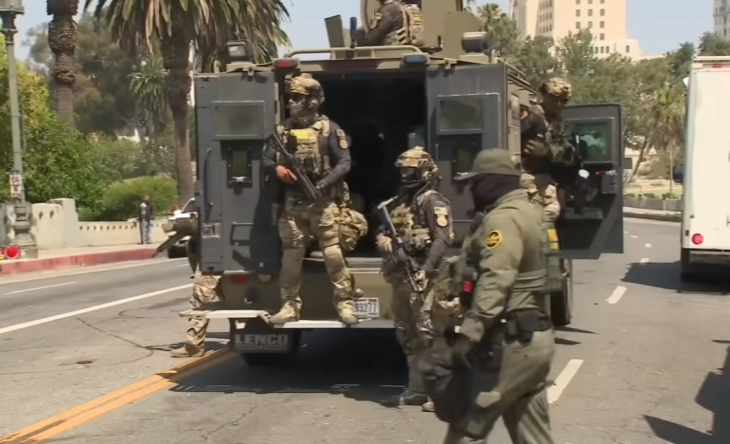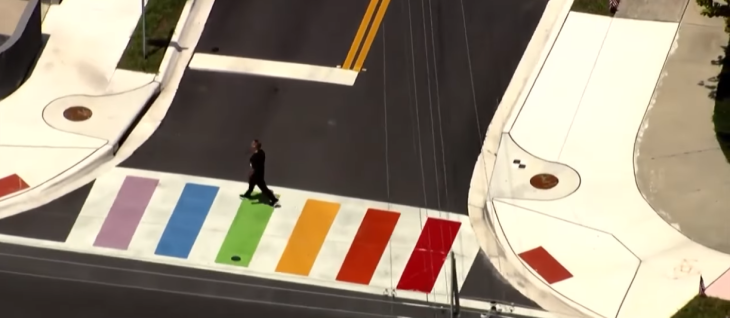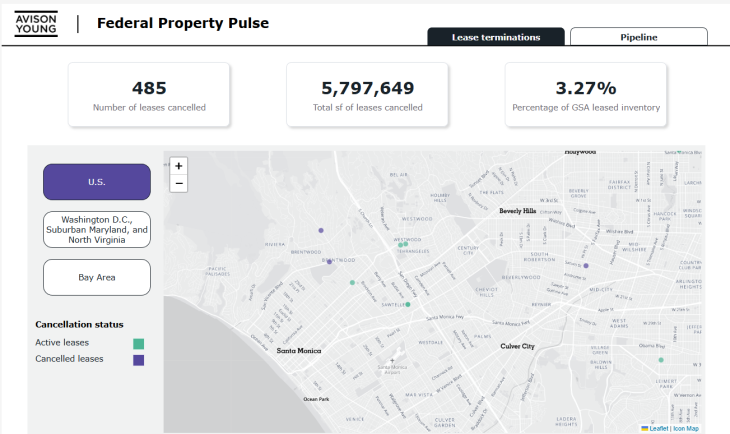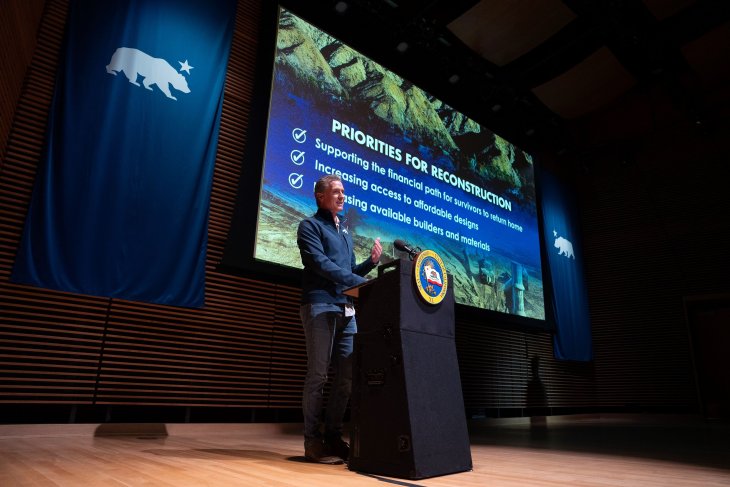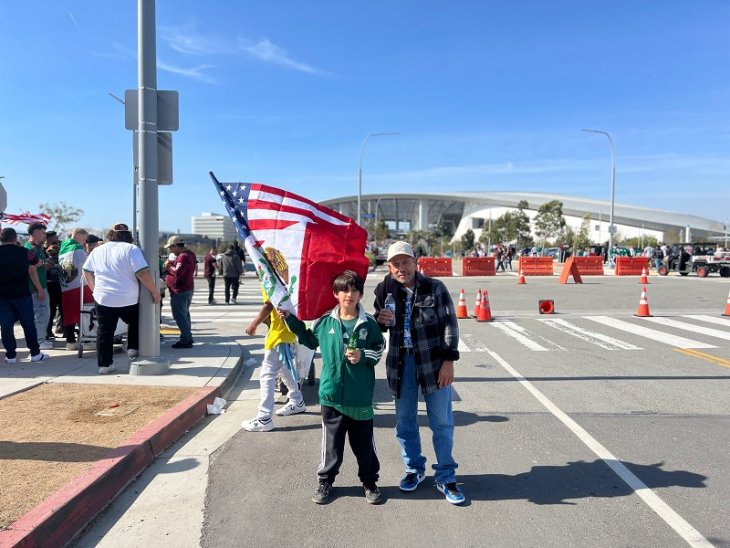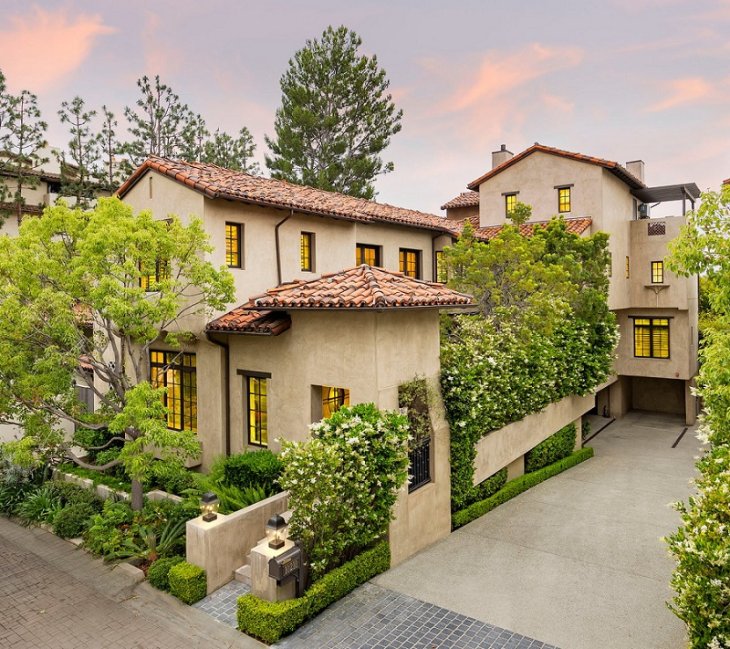Federal Judges Allow Trump to Retain Command of Troops in Los Angeles
Federal judges on Thursday cleared the way for former President Donald Trump to maintain control over National Guard troops he ordered to Los Angeles in response to immigration protests, pausing a lower court ruling that deemed the move unlawful.
The 9th U.S. Circuit Court of Appeals issued a unanimous decision backing Trump’s authority to federalize California’s National Guard, despite objections from Gov. Gavin Newsom. The three-judge panel found the administration had presented sufficient evidence to justify the deployment, citing concerns over violent unrest tied to the demonstrations.
Marking the first instance since 1965 of a president activating a state’s National Guard without gubernatorial approval, the decision underscores broad executive powers during periods of civil disturbance. The panel emphasized that even if the administration failed to notify Newsom ahead of time, the governor lacked legal grounds to block the order.
Trump, who has ramped up immigration enforcement during his latest term, celebrated the outcome on his Truth Social platform, calling the ruling a “BIG WIN.”
Newsom condemned the action as an overreach that escalated tensions and undermined state sovereignty. In a press release, The Governor said, “The court rightly rejected Trump’s claim that he can do whatever he wants with the National Guard and not have to explain himself to a court. The President is not a king and is not above the law. We will press forward with our challenge to President Trump’s authoritarian use of U.S. military soldiers against citizens.”
Trump officials defended the move as necessary to restore order and prevent further violence in Democratic-led cities targeted by new immigration crackdowns.
Two of the appellate judges were appointed by Trump, and all three appeared during oral arguments to favor preserving presidential discretion in emergencies. The ruling leaves federal control of the California National Guard intact as litigation continues.
The case could shape how future administrations exercise emergency powers, especially around domestic military involvement and civil protest.

